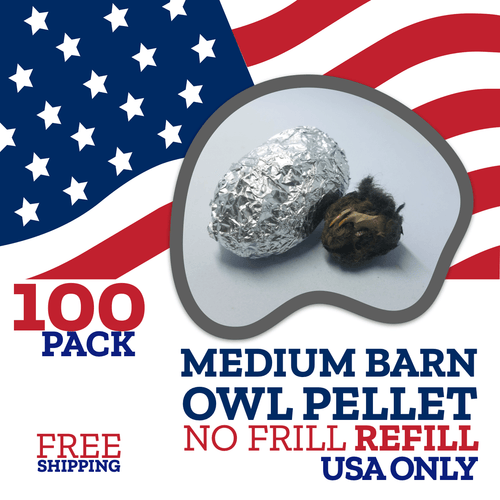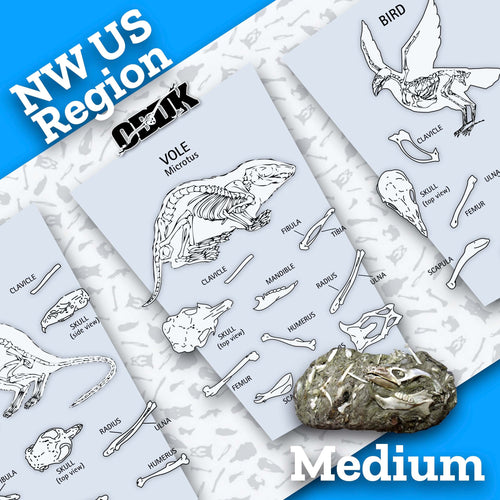No Products in the Cart
Deep Dive: Seagulls
 |
|
|||
|
|
|
|
|
|
|
|
|
|
|
|
|
|
|
|
|
|||||||||||||
|
Explore the tools behind the science

100 Medium Owl Pellets - Free Shipping
$349.99
$289.99

Medium NW Barn Owl Pellets + Picks
$3.69
$2.99








